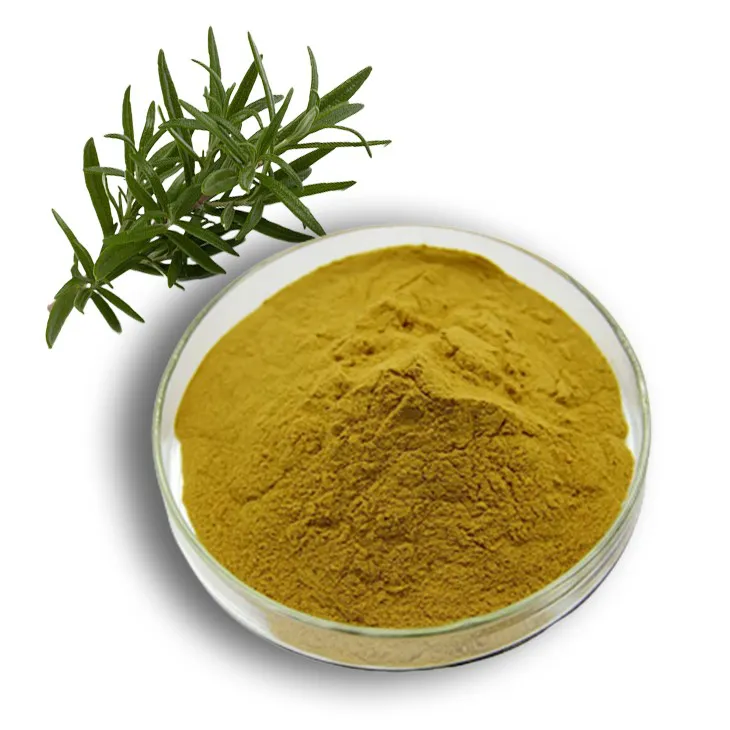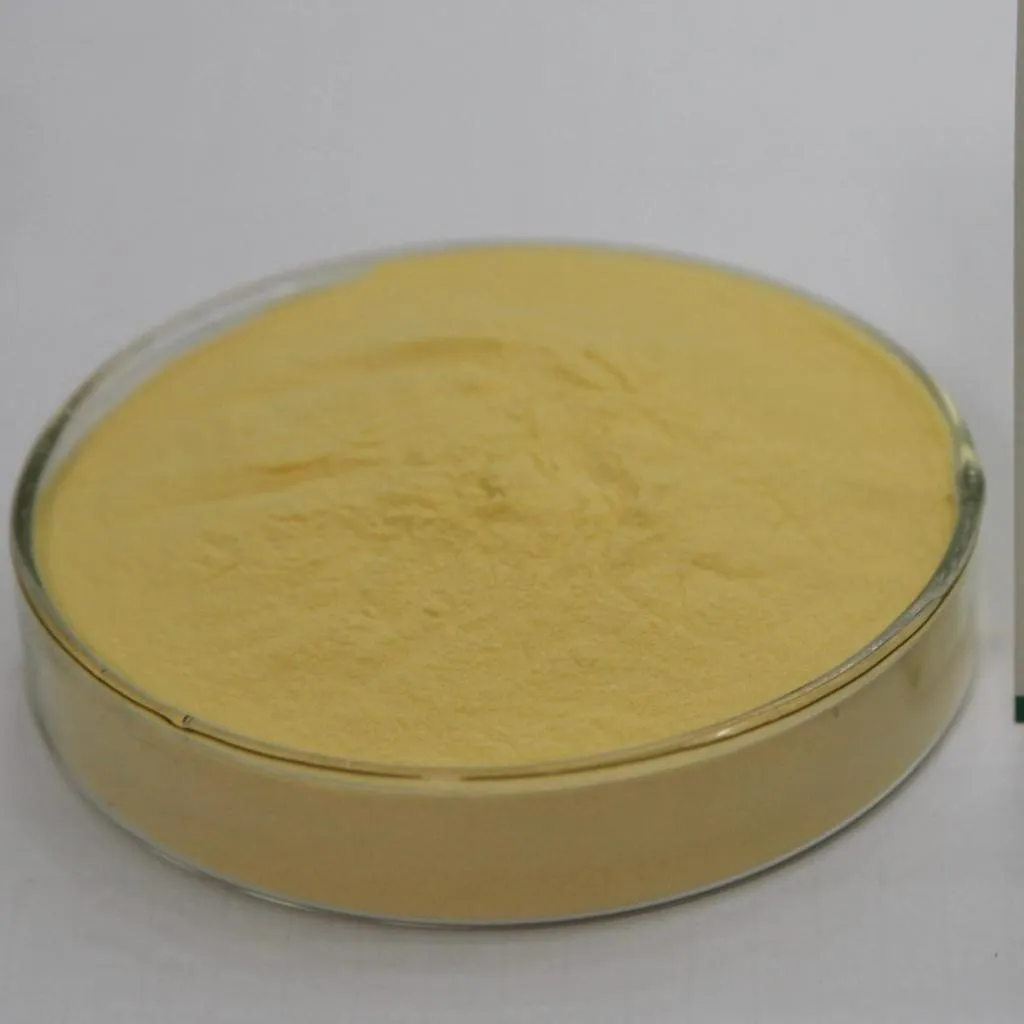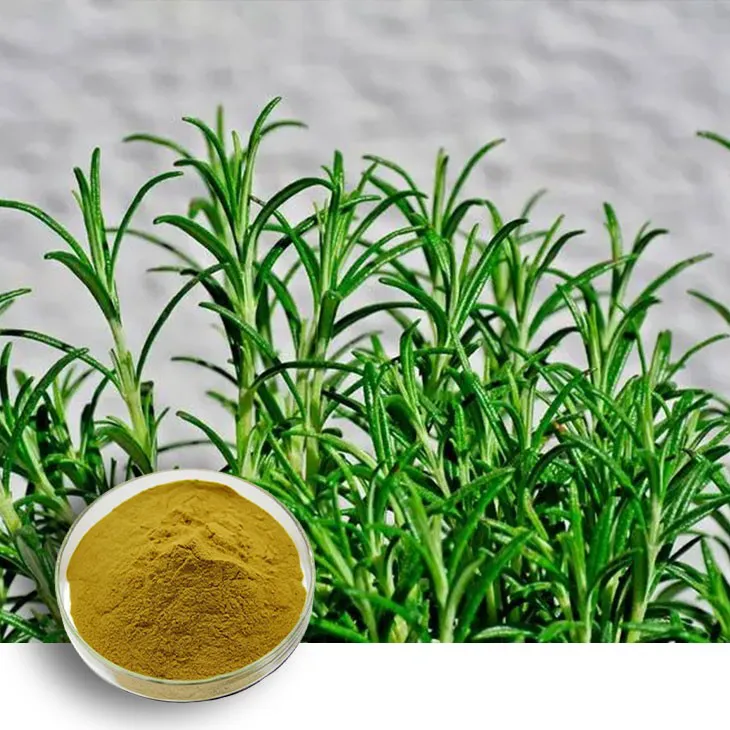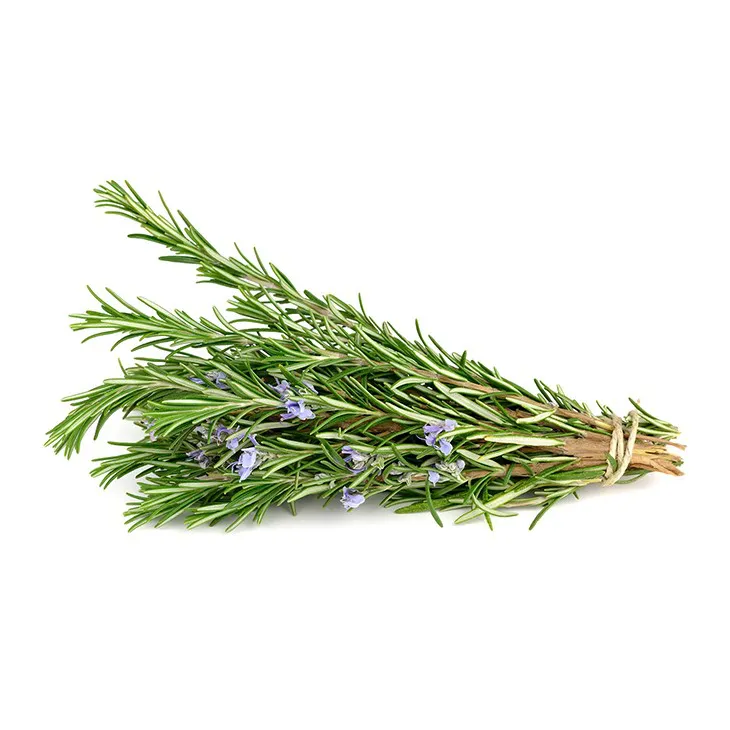- 0086-571-85302990
- sales@greenskybio.com
Beauty from Nature: Skincare and Cosmetic Applications of Rosemary Extract
2024-07-04

Introduction
In the ever - evolving world of beauty, the search for effective and natural ingredients has been on the rise. Rosemary extract has emerged as a star player in skincare and cosmetic applications. Derived from the rosemary plant (Rosmarinus officinalis), this extract offers a plethora of benefits that are both scientifically proven and highly appealing to consumers seeking natural alternatives.

The Rosemary Plant: A Brief Overview
Rosemary is an aromatic evergreen shrub native to the Mediterranean region. It has been used for centuries in traditional medicine, cooking, and even for spiritual purposes. The plant is known for its needle - like leaves and small, pale blue flowers. It thrives in sunny, well - drained soil and has a distinct, pleasant aroma.
Rich in various bioactive compounds, the rosemary plant serves as an excellent source for extraction. These compounds include rosmarinic acid, carnosic acid, and cineole, among others. Each of these components plays a crucial role in the extract's functionality in beauty products.

Antimicrobial Properties in Skincare
Acne Prevention
One of the most significant applications of Rosemary extract in skincare is its role in preventing acne. Acne is often caused by the overgrowth of the bacteria Propionibacterium acnes on the skin. The antimicrobial properties of Rosemary extract help to combat this bacteria.
Studies have shown that the antibacterial action of rosemary extract inhibits the growth and proliferation of P. acnes. This is mainly due to the presence of compounds like carnosic acid and rosmarinic acid. By reducing the bacterial load on the skin, rosemary extract can significantly reduce the occurrence of acne breakouts.
Preventing Other Skin Infections
Aside from acne, the skin is also susceptible to other types of infections, such as fungal infections. Rosemary extract has demonstrated antifungal activity as well. It can help protect the skin from common fungal pathogens, such as Candida albicans.
The antimicrobial properties of rosemary extract also make it useful in wound healing. It can prevent the growth of harmful microorganisms in open wounds, reducing the risk of infection and promoting faster healing.

Antioxidant Effects
Rosemary extract is a rich source of antioxidants. Antioxidants play a vital role in skincare by neutralizing free radicals. Free radicals are unstable molecules that can cause damage to the skin cells, leading to premature aging, wrinkles, and dull skin.
The antioxidants in rosemary extract, particularly rosmarinic acid and carnosic acid, scavenge free radicals and protect the skin from oxidative stress. This helps to maintain the skin's elasticity, firmness, and overall youthful appearance.
Regular use of skincare products containing rosemary extract can also improve the skin's texture. It can reduce the appearance of fine lines and wrinkles, making the skin look smoother and more radiant.

Anti - Inflammatory Benefits
Inflammation is a common skin issue that can be caused by various factors, such as environmental pollutants, allergens, or skin disorders. Rosemary extract has anti - inflammatory properties that can soothe irritated skin.
The bioactive compounds in the extract work by inhibiting the production of inflammatory mediators in the skin. This helps to reduce redness, swelling, and discomfort associated with inflammatory skin conditions, such as eczema and psoriasis.
For those with sensitive skin, products containing rosemary extract can be a gentle and effective option. It can help to strengthen the skin's barrier function, making it less reactive to external irritants.
Rosemary Extract in Cosmetics
A Sustainable Alternative
In the cosmetics industry, there is a growing demand for sustainable ingredients. Rosemary extract offers a natural and sustainable alternative to many synthetic ingredients currently used in cosmetics.
Since rosemary is a plant - based ingredient, its extraction process is generally more environmentally friendly compared to the production of synthetic chemicals. Additionally, rosemary is a widely cultivated plant, which means it can be sourced sustainably without depleting natural resources.
Enhancing Product Performance
Rosemary extract can also enhance the performance of cosmetic products. In haircare products, for example, it can improve the condition of the hair. It can add shine, strengthen the hair shafts, and reduce hair breakage.
In makeup products, rosemary extract can act as a preservative, extending the shelf - life of the product. It also provides a pleasant, natural aroma, which is an added bonus for consumers who prefer products with natural scents.
The Science Behind the Uses
The effectiveness of rosemary extract in skincare and cosmetics is supported by scientific research. Many in - vitro and in - vivo studies have been conducted to investigate its properties.
In vitro studies, which are often carried out in a laboratory setting using cell cultures, have shown the antibacterial, antioxidant, and anti - inflammatory effects of rosemary extract at the cellular level. These studies help to identify the specific mechanisms by which the extract exerts its beneficial effects.
In vivo studies, on the other hand, involve testing the extract on living organisms, such as animals or humans. These studies provide more practical evidence of the extract's efficacy in real - world applications. For example, clinical trials on human subjects have demonstrated the positive impact of rosemary extract on skin health, including its ability to reduce acne and improve skin texture.
Popularity in the Beauty Market
Rosemary extract has been gaining increasing popularity in the beauty market. Consumers are becoming more conscious of the ingredients in their beauty products and are actively seeking natural and effective alternatives.
Many beauty brands are now incorporating rosemary extract into their product lines. From high - end luxury brands to more affordable drugstore brands, rosemary - based products are becoming more widely available.
The trend towards natural and clean beauty has also contributed to the popularity of rosemary extract. Consumers are more likely to choose products that are free from harmful chemicals and are made with natural ingredients, and rosemary extract fits this criteria perfectly.
Conclusion
Rosemary extract is a remarkable ingredient with a wide range of applications in skincare and cosmetics. Its antimicrobial, antioxidant, and anti - inflammatory properties make it a valuable addition to beauty products. As the beauty market continues to shift towards natural and sustainable ingredients, rosemary extract is likely to play an even more prominent role in the future.
Whether it's for preventing acne, reducing the signs of aging, or providing a sustainable alternative in cosmetics, rosemary extract offers a natural solution for beauty enthusiasts. With ongoing scientific research further exploring its potential, we can expect to see even more innovative uses of this powerful plant - based extract in the beauty industry.
FAQ:
What are the main skincare benefits of rosemary extract?
Rosemary extract has several skincare benefits. Its antimicrobial properties are very important. These can prevent acne as they can fight against the bacteria that cause acne. Also, it helps in preventing other skin infections by inhibiting the growth of harmful microorganisms on the skin. It may also have antioxidant properties which can help in protecting the skin from damage caused by free radicals.
How does rosemary extract compare to synthetic ingredients in cosmetics?
Rosemary extract offers a more sustainable and natural alternative to synthetic ingredients in cosmetics. Synthetic ingredients are often chemically produced and may have potential environmental and health concerns associated with their production and use. In contrast, rosemary extract is derived from nature. It can provide similar or even better functionality in cosmetics, such as antioxidant and antimicrobial effects, while being more environmentally friendly and generally considered safer for the skin.
What is the scientific basis for the antimicrobial properties of rosemary extract?
The antimicrobial properties of rosemary extract are based on the presence of certain compounds. For example, it contains phenolic compounds like rosmarinic acid. These compounds can disrupt the cell membranes of microorganisms, interfere with their metabolic processes, and ultimately inhibit their growth and reproduction. Research has shown that these components are effective against a range of bacteria and fungi, which is why rosemary extract can be used to prevent skin infections.
Why is rosemary extract becoming more popular in the beauty market?
There are several reasons for its increasing popularity in the beauty market. Firstly, the growing consumer preference for natural and sustainable products has led to a greater demand for ingredients like rosemary extract. Consumers are more aware of the potential risks associated with synthetic ingredients and are looking for natural alternatives. Secondly, its multiple benefits for skincare, such as preventing acne and skin infections, as well as its antioxidant properties, make it a valuable ingredient in beauty products. Additionally, the scientific research validating its effectiveness has also contributed to its popularity.
Can rosemary extract be used for all skin types?
Generally, rosemary extract can be used for most skin types. However, some people with very sensitive skin may need to test it first. For normal, oily, and combination skin types, its antimicrobial and antioxidant properties can be beneficial. For dry skin, while it may not directly address dryness like a moisturizing ingredient, it can still help protect the skin from external threats due to its antimicrobial and antioxidant functions. But as with any new skincare ingredient, it's advisable to do a patch test on a small area of the skin to check for any adverse reactions.
Related literature
- The Role of Rosemary Extract in Skincare: A Comprehensive Review"
- "Rosemary Extract: Natural Antimicrobial in Cosmetics"
- "Beneficial Effects of Rosemary Extract on Skin Health"
- ▶ Hesperidin
- ▶ Citrus Bioflavonoids
- ▶ Plant Extract
- ▶ lycopene
- ▶ Diosmin
- ▶ Grape seed extract
- ▶ Sea buckthorn Juice Powder
- ▶ Fruit Juice Powder
- ▶ Hops Extract
- ▶ Artichoke Extract
- ▶ Mushroom extract
- ▶ Astaxanthin
- ▶ Green Tea Extract
- ▶ Curcumin
- ▶ Horse Chestnut Extract
- ▶ Other Product
- ▶ Boswellia Serrata Extract
- ▶ Resveratrol
- ▶ Marigold Extract
- ▶ Grape Leaf Extract
- ▶ New Product
- ▶ Aminolevulinic acid
- ▶ Cranberry Extract
- ▶ Red Yeast Rice
- ▶ Red Wine Extract
-
Citrus Aurantium Extract
2024-07-04
-
Mango flavored powder
2024-07-04
-
Red Date Extract
2024-07-04
-
Propolis Extract Powder
2024-07-04
-
Saffron Extract Powder
2024-07-04
-
Fenugreek Extract Powder
2024-07-04
-
Sophora Flavescens Root Extract
2024-07-04
-
Curcuma Longa Extract/Turmeric extract
2024-07-04
-
Maca Extract
2024-07-04
-
Pueraria Lobata Extract
2024-07-04





















